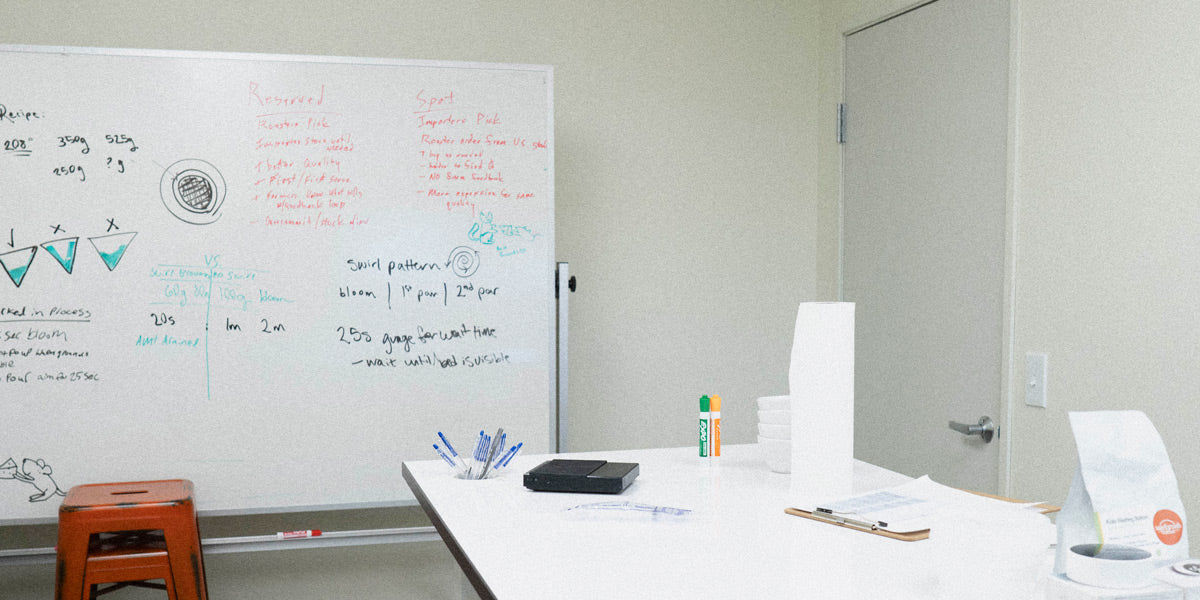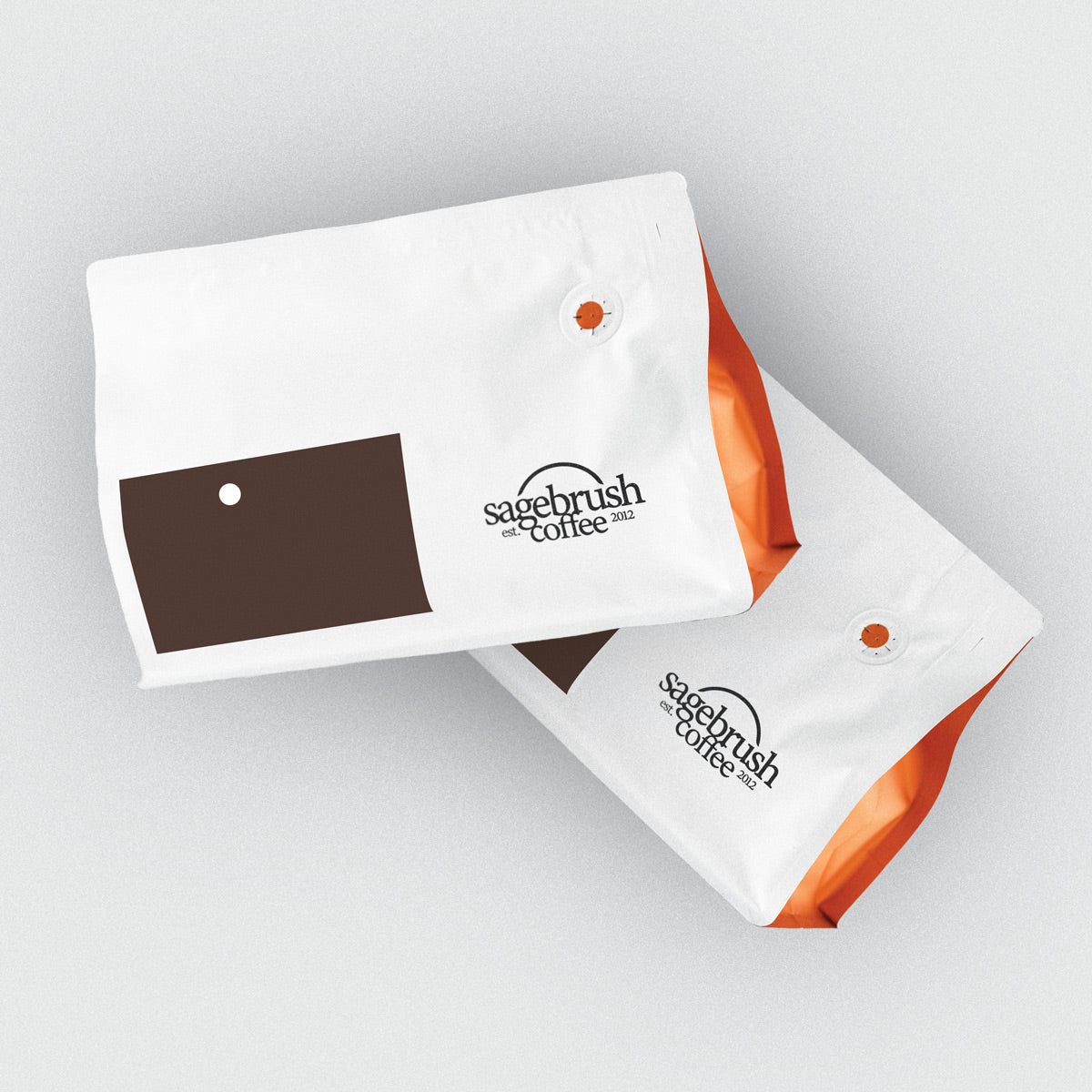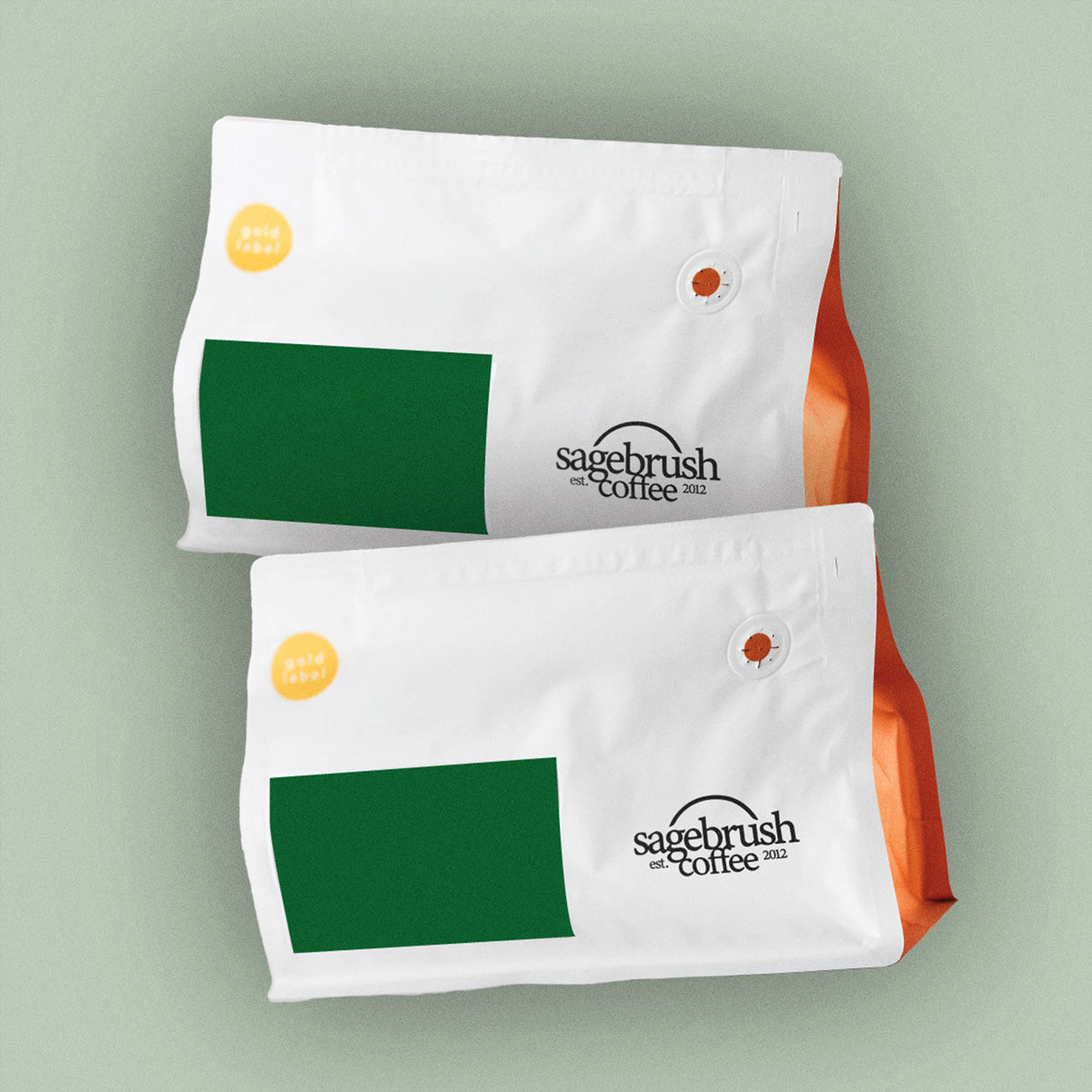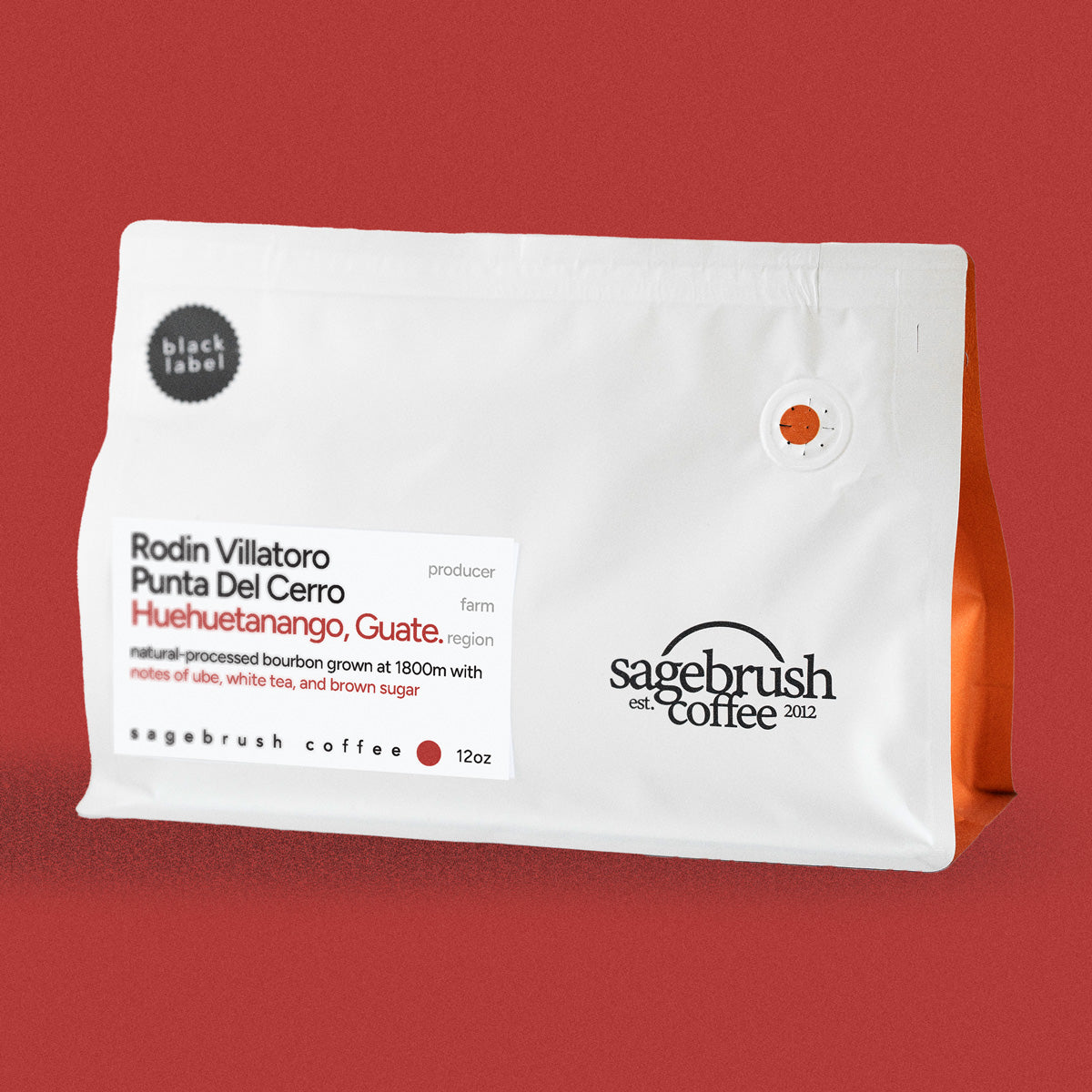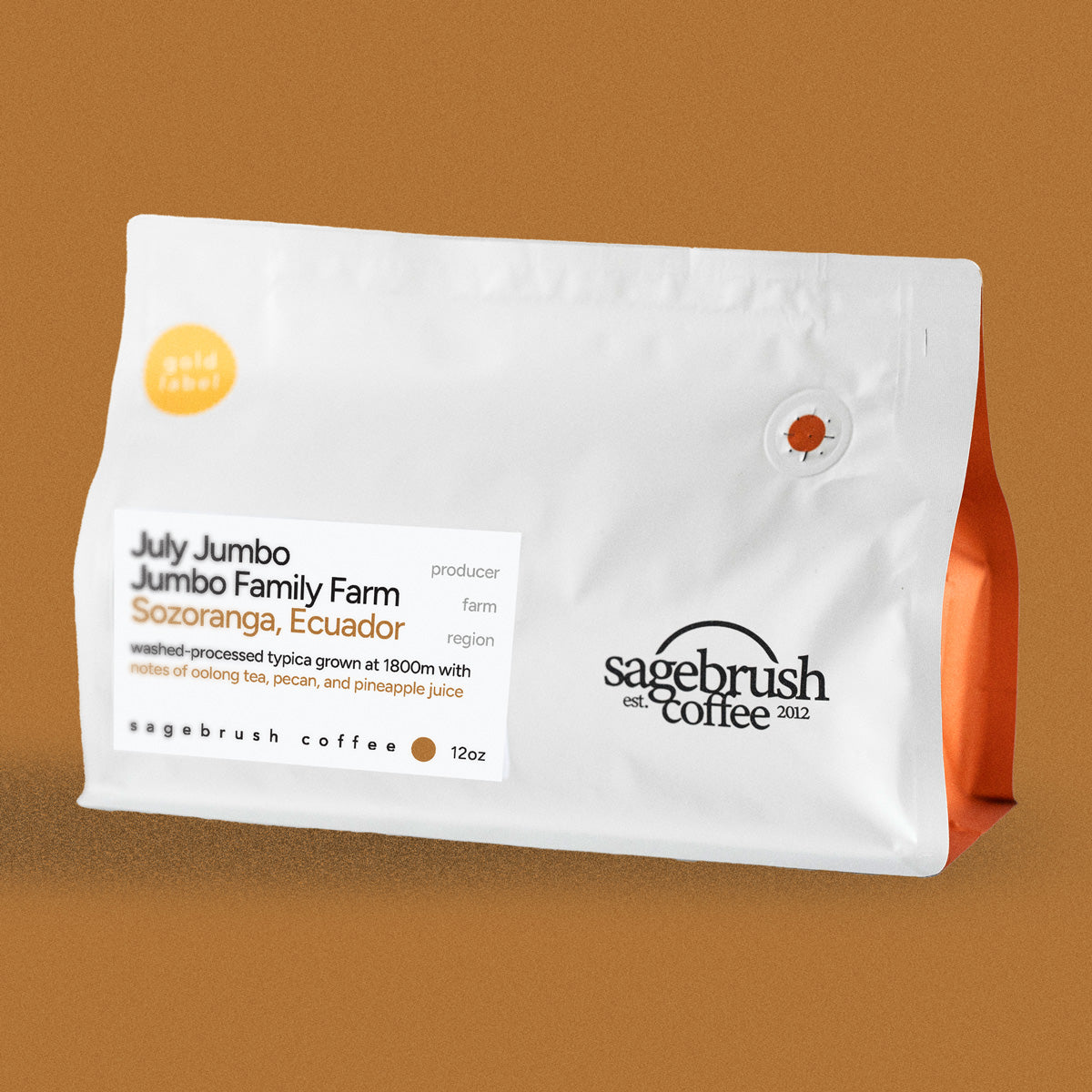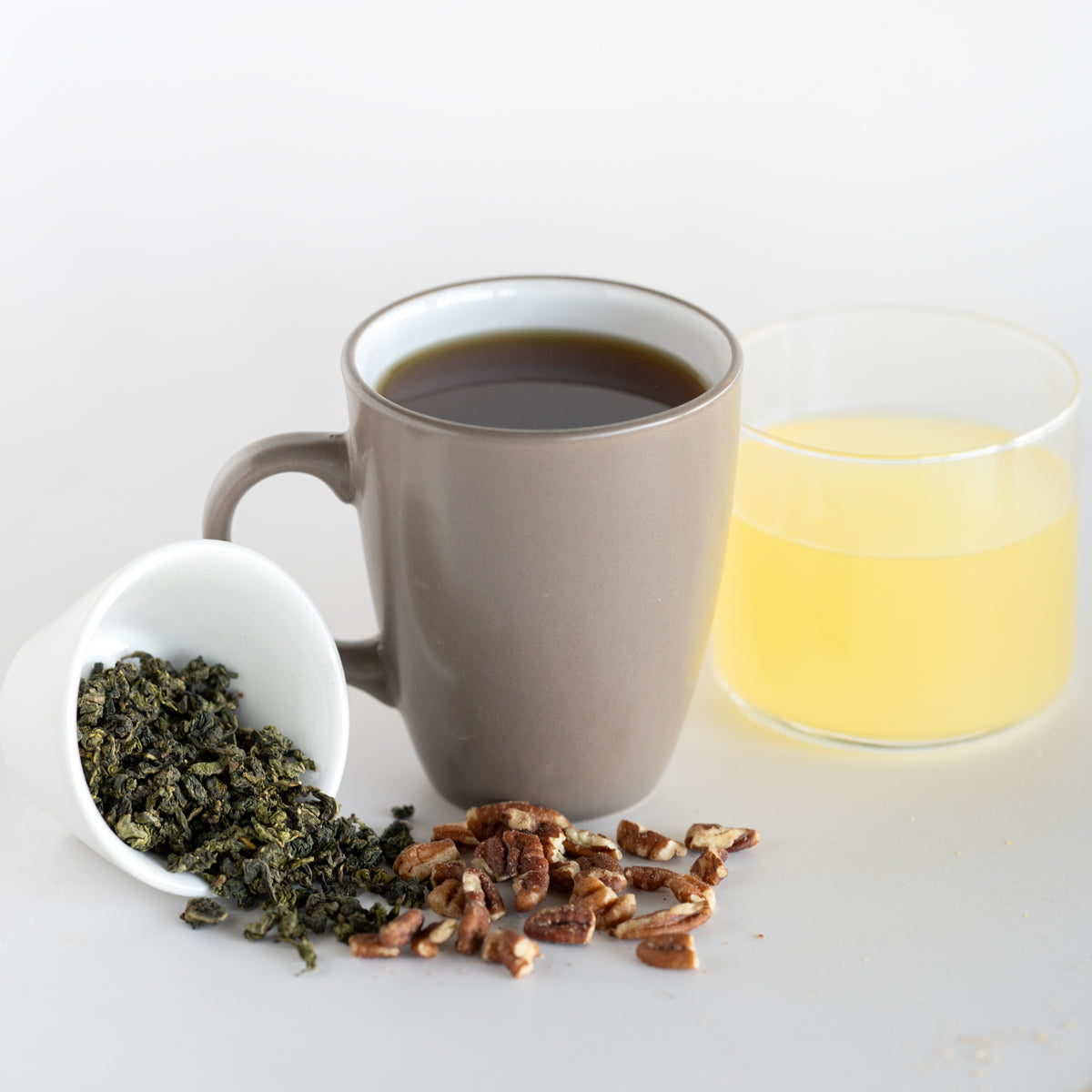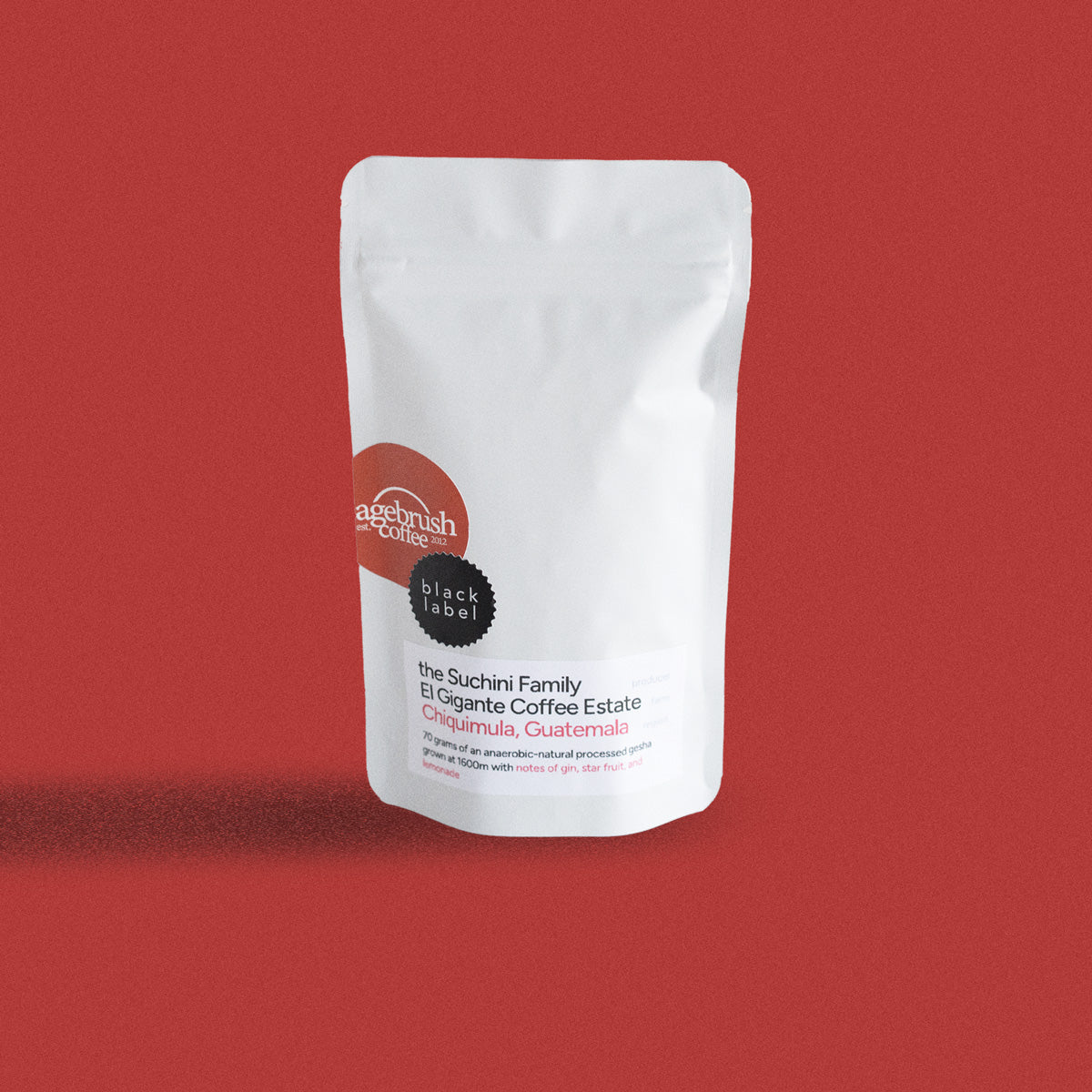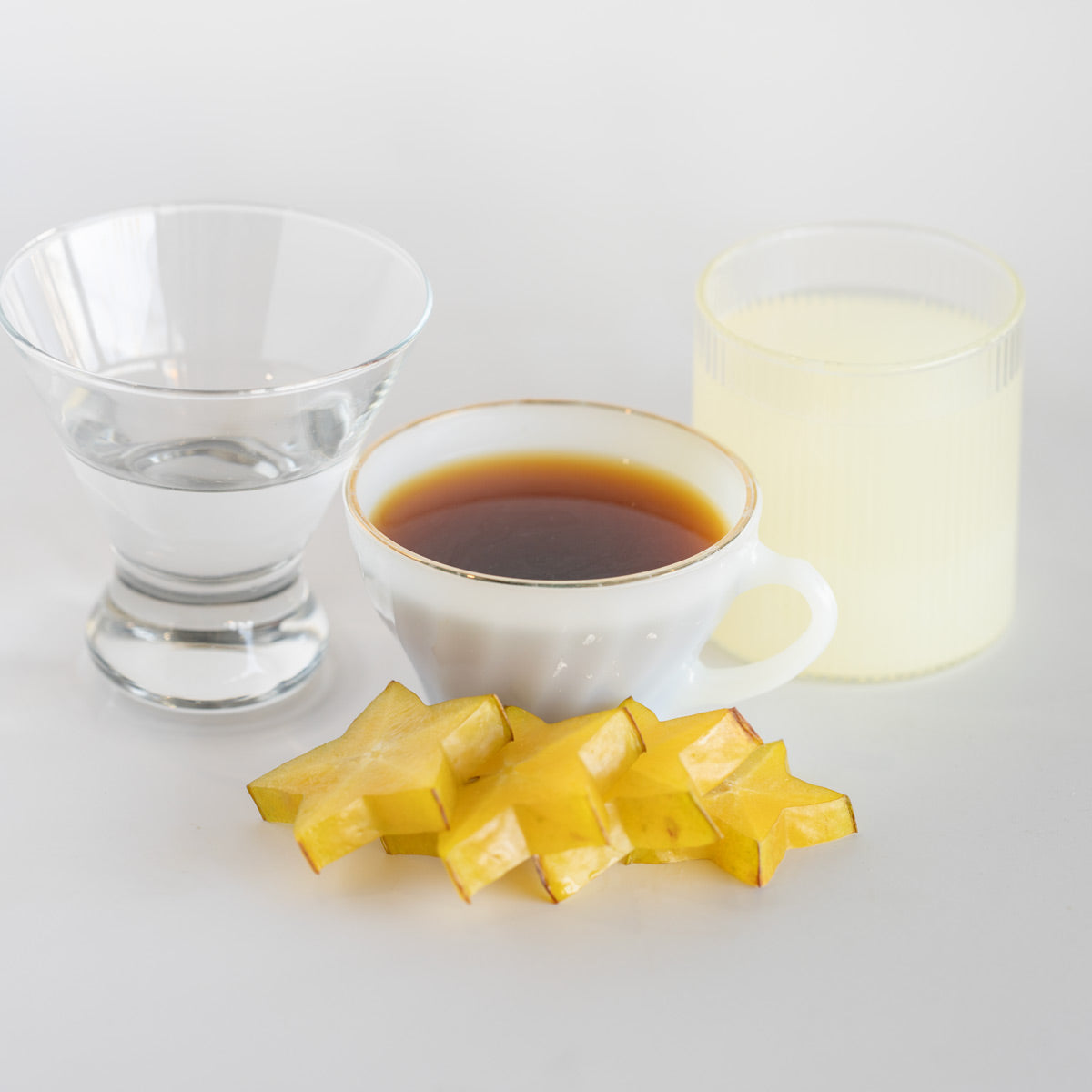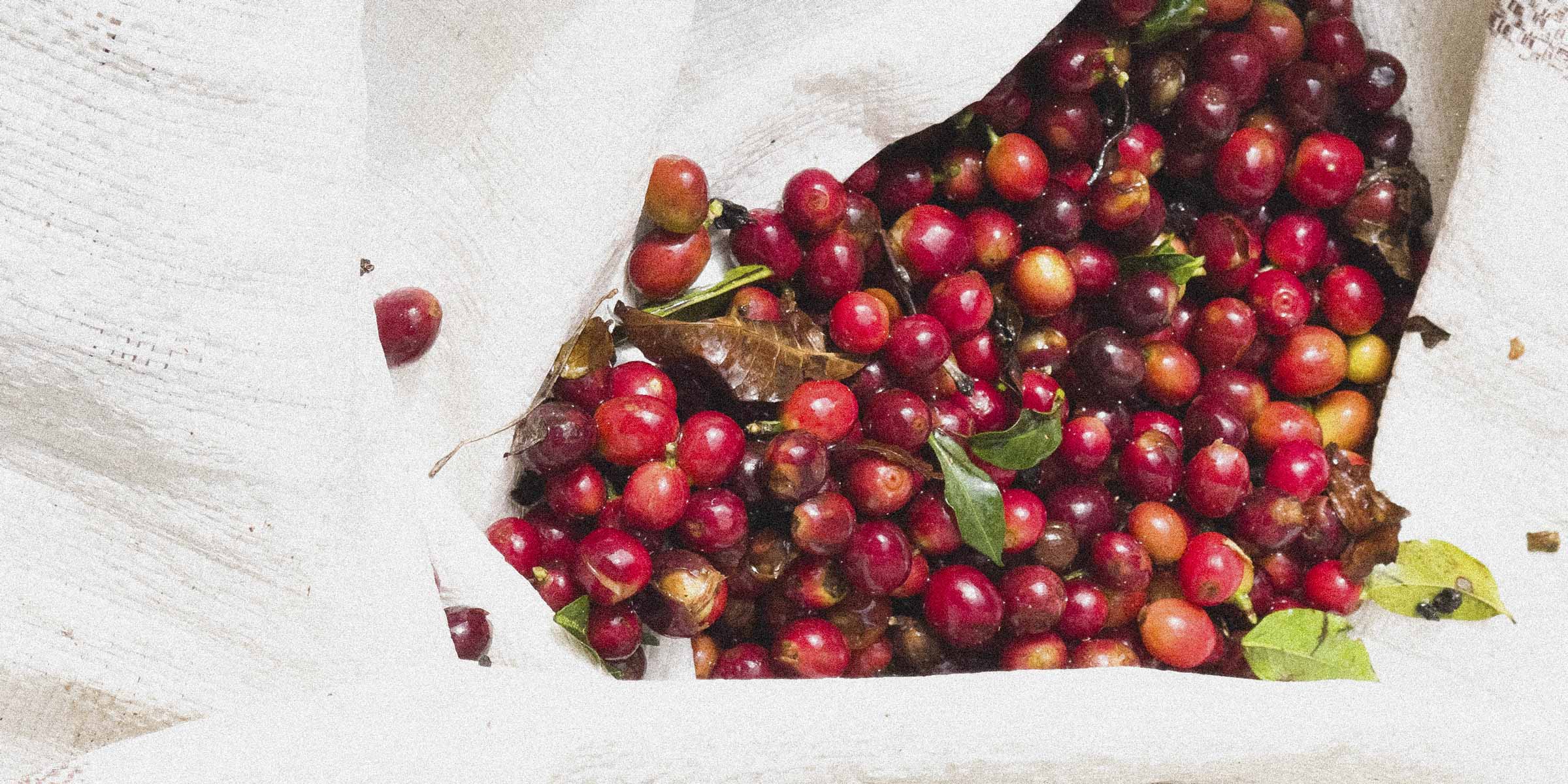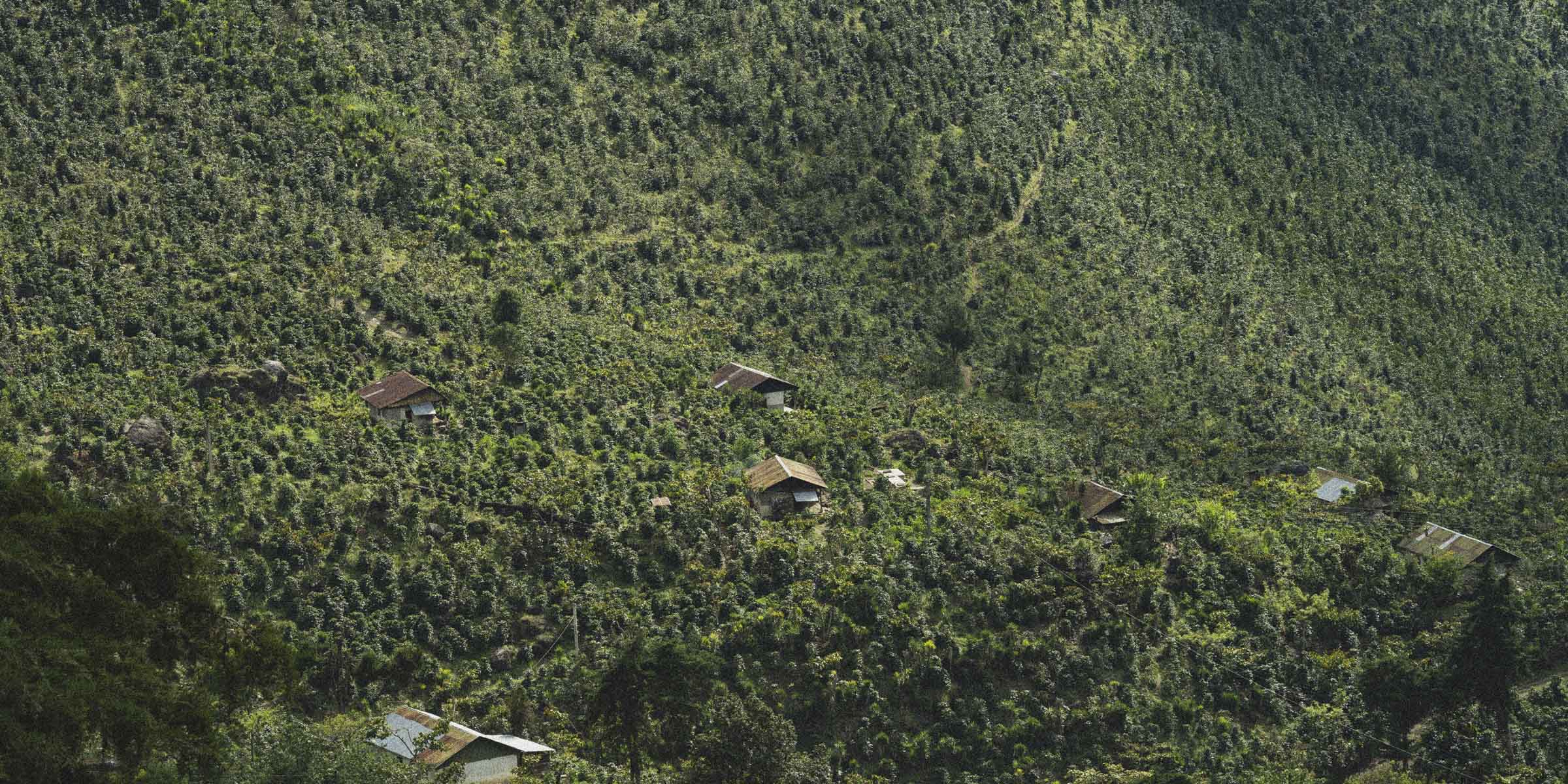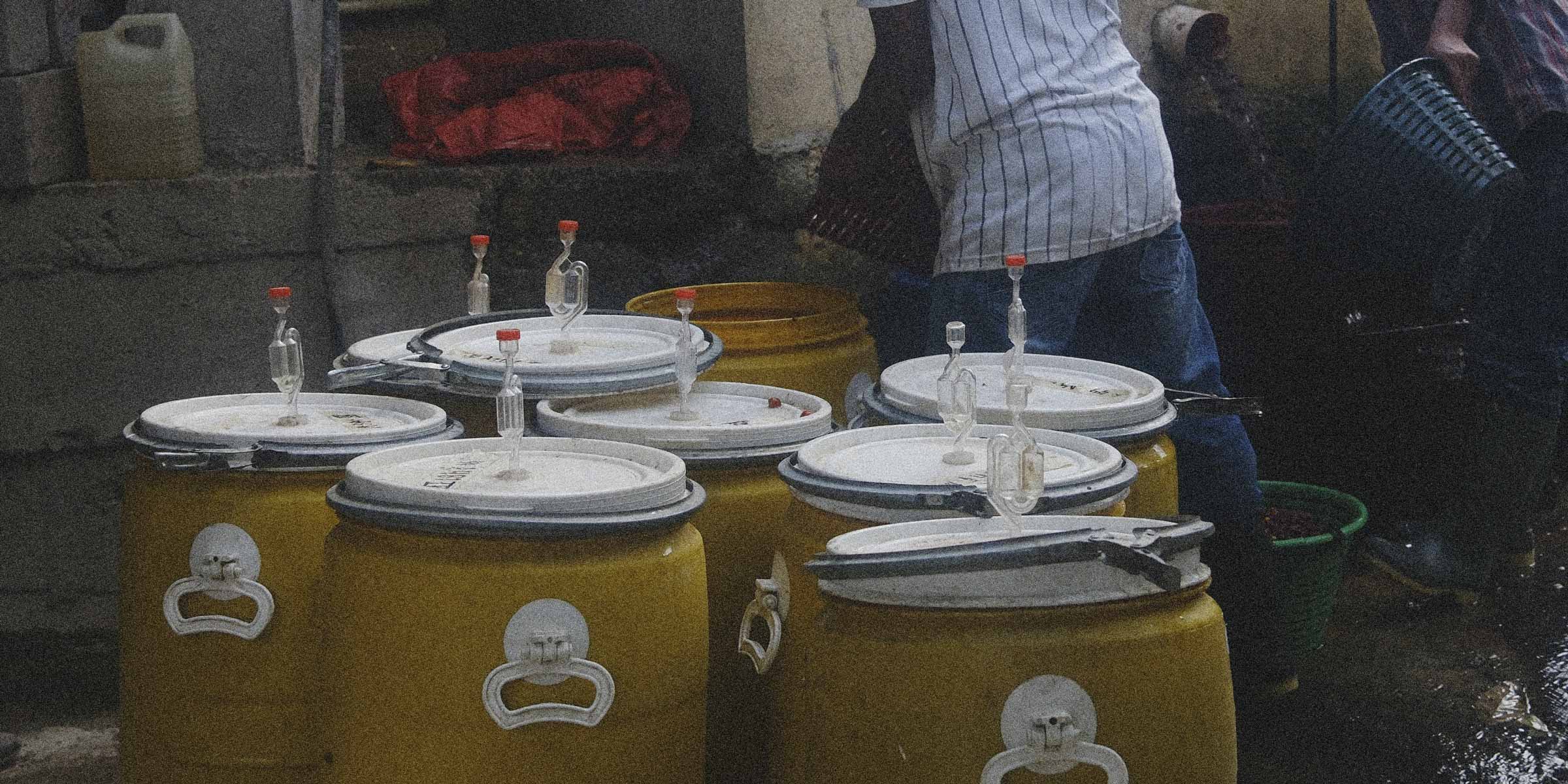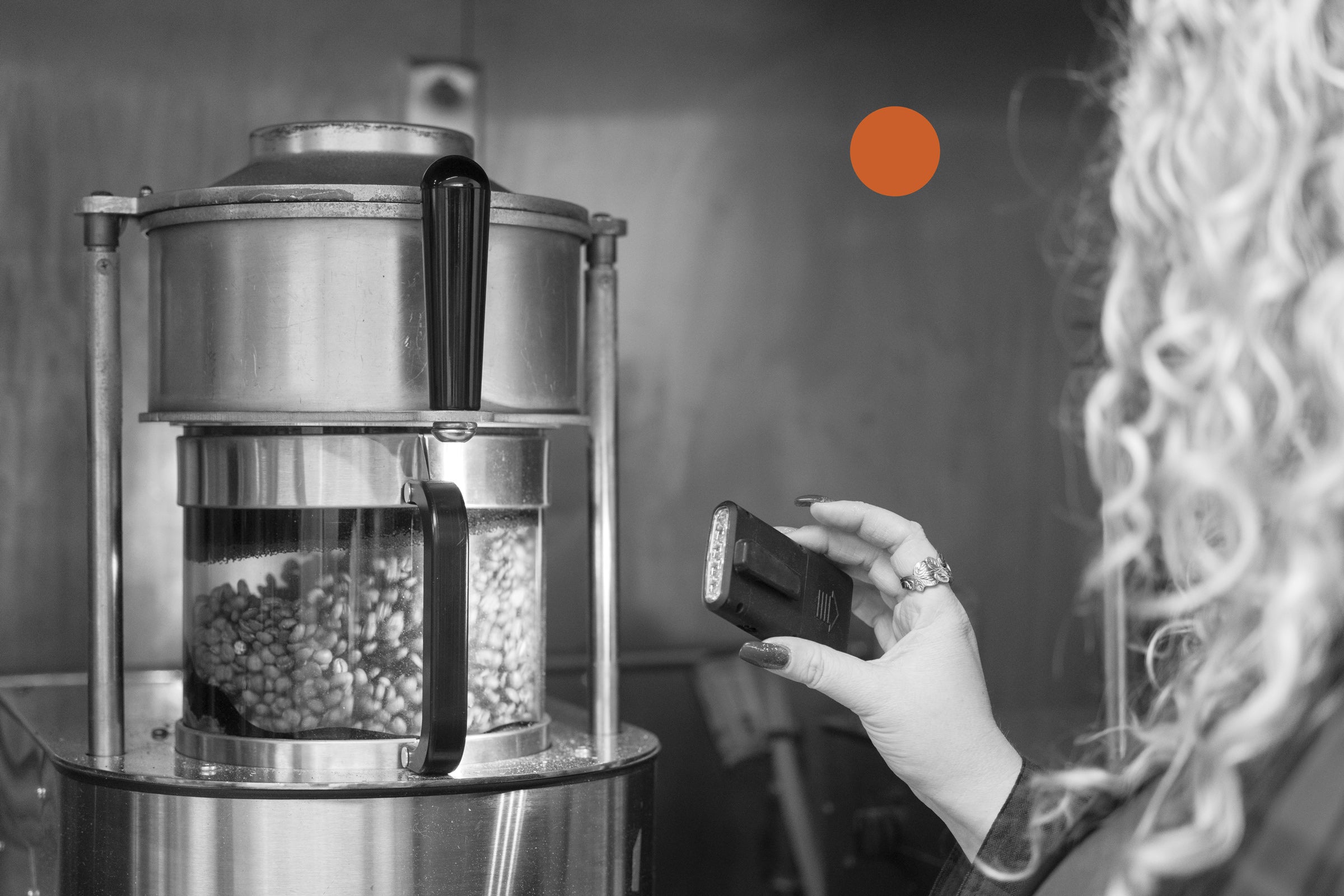As mentioned in one of our recent articles about sustainability, coffee is the most widely traded agricultural commodity in the world. Because of the sheer size of the industry, inevitable poor practices have arisen that have had a negative effect on the environment. However, the intelligent and innovative people of the coffee industry have begun establishing new practices to offset the bad and make the industry as sustainable and eco friendly as possible. One of these inventive techniques is using coffee as fertilizer.
Coffee grounds, including grounds that have already been used and would otherwise be disposed of, act as a great fertilizer because they are rich with nitrogen. According to the U.S. Farmer’s Almanac, the high levels of nitrogen help circulate phosphorus, potassium, magnesium, and copper in soil. Their acidic complex can also help balance or lower the pH level of soil, which is especially beneficial to acidity loving plants like blueberries, camellias, azaleas, dogwood trees, magnolia trees, and holly bushes. Coffee grounds work in a slow release manner, similar to a lot of medications that humans use, like allergy medicine. This means that putting coffee grounds in your soil can have lasting benefits, but the more often you add it, the more results you will see. To use coffee as fertilizer, sprinkle the grounds on top of the soil and gently till or rake it in. This can be done in small gardens or on large farms alike.
While coffee can be used to help fertilize a variety of plants, one of the most exciting coffee-loving plants is coffee itself! Sagebrush’s owner, Matt Kellso, and his daughter, Eden, took an origin trip to Costa Rica in the spring of 2023 where they met a visionary farmer named Jonathan Camacho. Jonathan was using the skins of coffee cherries to fertilize his coffee crops throughout his multiple farms. While this is a little bit of a different method than using coffee grounds, it is still the same idea with very similar benefits.
In addition to being mixed with soil to serve as a natural fertilizer, coffee has other gardening and agricultural benefits as well. According to Matt Holley, the owner of Element Coffee in Ripon, Wisconsin, coffee is also great for composting. Similar to its role as fertilizer, the high levels of nitrogen are great in compost bins. In addition to giving out his used coffee grounds to farmers in one of the biggest agricultural hubs in the country, Matt Holley also leaves bags of coffee grounds and chaff, from roasting, out for people in the community to use in their compost bins. When used in composting, coffee grounds and chaff should not make up more than 15-20% of total compost volume or else the acidity will be too high. Many coffee filters can also be composted, but you should always check the package to make sure your specific filters are compostable. An added benefit to using coffee in your compost is that worms love it!
If fertilizer and compost material isn’t enough, there are a few other uses for coffee in the world of gardening and agriculture. You can add used grounds to mulch, which is used to maintain the temperature and moisture levels in soil, prevent weeds, or make a landscape more visually appealing. Coffee will blend in perfectly with mulch’s other common ingredients such as wood chips, tree bark, pine straw, dried grass clippings, and leaves. You can also use it to keep certain pests away from your plants including slugs and snails, whose soft bodies don’t like the texture, and cats, who don’t like the smell. Finally, you can use coffee chaff as chicken bedding, and according to Matt Holley’s chickens up in Wisconsin, it’s actually pretty comfy!
Next time you are about to throw your coffee grounds or chaff away, remember that there may be a way to give them a second life and help foster sustainability in the coffee industry. Whether you have a green thumb yourself, or you know someone who does, coffee may be the key to a happy and healthy garden or field.



